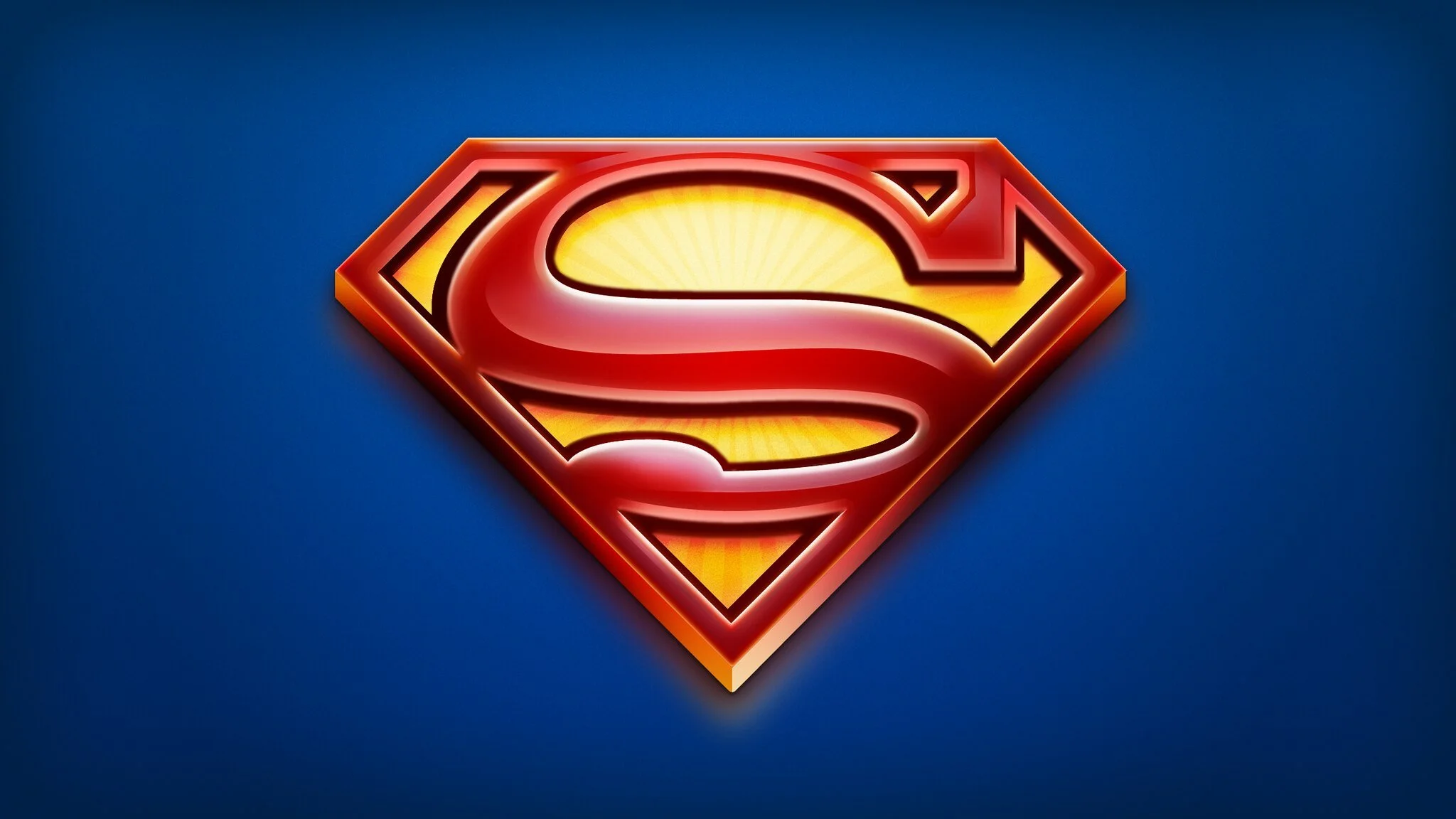In latest ‘Superman,’ power isn’t everything
Image by Jason Czismadi via Flickr. Creative Commons Attribution-NonCommercial-ShareAlike 2.0 Generic License.
Rev. Jerrod H. Hugenot
The new “Superman” film serves as the latest reboot of DC Comics’ effort to bring their most famous characters to the big screen. Of course, cinemas are just a part of this effort, as such heroes are now commonplace in multiple formats: film, TV, streaming exclusives, podcast adaptations, and of course, print.
Director James Gunn serves as the current overseer of the multiple projects in development, replacing Zack Snyder, responsible for the DC cinematic universe with Henry Cavill as Superman. The “Snyderverse” had many detractors (admittedly me among them), so the new era with James Gunn is underway with great attention paid if this iteration would resonate with fans and the general audience alike.
With this film serving as the major tentpole of Gunn’s vision, do we see a bright future ahead of David Corenswet’s Kryptonian or is it another attempt that rises yet falls in the end?
With this film, Gunn eschews the origin story approach. Superman is already three years into operating as a hero, and he is not the only superhero. Gunn populates the film with other DC heroes, most notably actor Nathan Fillion’s delightfully true-to-the-comics interpretation of Guy Gardner, the brash and unpredictable Green Lantern who has ample attitude and guff at the ready for villains or even his fellow heroes. The talented Rachel Brosnahan plays Lois Lane, just months into a relationship with Clark and fully aware of his alter ego.
Superman is still finding his way in the world, blessed with immense powers due to his alien body absorbing the yellow sun of Earth’s energy. Gunn’s Superman, though, is aware of his limits, as the film shows him crash landing near his Fortress of Solitude in dire need of his robot assistants providing immediate medical care.
While recovering, Superman listens to the message his Kryptonian parents sent along with their son before Krypton exploded. He draws strength from their fleeting words of farewell, reciting the parting words as a blessing that he has come to consider a summons to be the best he can be with his powers and with his life on this adoptive planet.
Counterpoint to Superman’s earnest sense of call is Lex Luthor, powered as much by his wealth and intellect as his driving need to unseat Superman from what he perceives as adoration and trust wrongly and too easily given to this alien interloper. Played with great menace by Nicholas Hoult, Luthor spends his time scheming and implementing his plots to discredit Superman, if not outright destroying him.
In the latest DC Comics film reboot, Superman operates out of the conviction that his duty is to others, not himself. Even when shaken by the unexpected, he resolves to move forward rather than inward. He offers up his life and well-being countless times to further the commonweal.
The film revolves around the obligatory big fight scenes as well as the mundane life Superman keeps as Clark Kent, the quintessential mild-mannered reporter dealing with Daily Planet office mates and writing for inevitable deadlines, even as he breaks journalistic ethics by interviewing himself to scoop the latest headline about Superman’s exploits.
In the film’s last act, we see Superman confront Luthor, who freely admits his driving force is envy. Hoult’s Luthor reminds me of Martin Luther’s observation:
If we but pay attention, it is easy to see the perversity of our will in relation to the body, how we love what is bad for us and avoid what is good for us, in so far as, for example, we are disposed toward sensual lust, avarice, gluttony, pride, and honor but shrink back from chastity, generosity, sobriety, humility, and shame. It is easy, I say, to sense how we seek and love ourselves in all this, how we are bent in and in upon ourselves, if not in what we do, then at least in what we are disposed to do.[i]
Luthor has great power and influence in the world yet brought low by his own jealousy and disbelief that another could have even more yet not seem owned by the strength that comes with it. He is the epitome of a soul curved inward back upon himself. (Martin Luther built upon this concept of “incurvatus in se” articulated earlier by Augustine.)
Instead, Superman operates out of the conviction that his duty is to others, not himself. Even when shaken by the unexpected, he resolves to move forward rather than inward. He offers up his life and well-being countless times to further the commonweal.
In the end, even though Luthor has cast doubt on Superman’s birth parents’ intentions for sending him to Earth, Superman knows he is the son of mere mortals. A Kansas farm couple, not great power-wielding authorities, were the ones who taught him how to be a well-balanced person who cannot help to hope for the best.
Rev. Jerrod H. Hugenot is executive minister, American Baptist Churches of New York State.
The views expressed are those of the author and not necessarily those of American Baptist Home Mission Societies.
[i] Luther: Lectures on Romans, The Library of Christian Classics: Ichthus Edition, Wilhelm Pauck, Ed., Philadelphia, PA: Westminster Press, 1961, 112.
Get early access to the newest stories from Christian Citizen writers, receive contextual stories which support Christian Citizen content from the world’s top publications and join a community sharing the latest in justice, mercy and faith.

